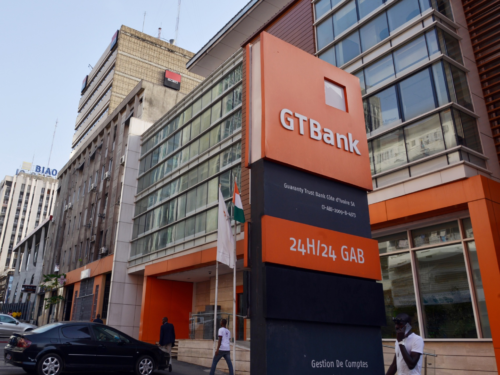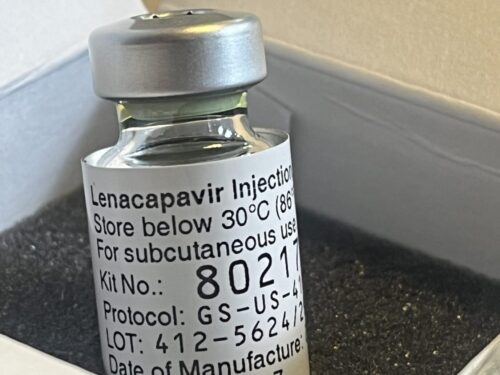BIG STORY
Guaranty Trust Bank UK Reaches Settlement With The FCA In Connection With Historical AML Controls

- /home/porsch10/public_html/wp-content/plugins/mvp-social-buttons/mvp-social-buttons.php on line 27
https://porscheclassy.com/wp-content/uploads/2023/01/1646417407205blob-1-1000x600.png&description=Guaranty Trust Bank UK Reaches Settlement With The FCA In Connection With Historical AML Controls', 'pinterestShare', 'width=750,height=350'); return false;" title="Pin This Post">
- Share
- Tweet /home/porsch10/public_html/wp-content/plugins/mvp-social-buttons/mvp-social-buttons.php on line 69
https://porscheclassy.com/wp-content/uploads/2023/01/1646417407205blob-1-1000x600.png&description=Guaranty Trust Bank UK Reaches Settlement With The FCA In Connection With Historical AML Controls', 'pinterestShare', 'width=750,height=350'); return false;" title="Pin This Post">
-

 BIG STORY4 days ago
BIG STORY4 days agoFG Proposes 40% Salary Increase For Lecturers As ASUU Prepares For Fresh Negotiations
-

 BIG STORY3 days ago
BIG STORY3 days agoAbductions Surge: Northern Governors Demand Six Months Mining Suspension, Unveil N228bn Security Fund
-

 BIG STORY3 days ago
BIG STORY3 days agoBREAKING: Defence Minister Badaru Resigns, Cites Health Reasons
-

 BIG STORY4 days ago
BIG STORY4 days ago‘Terrorism Took Root On Your Watch’, Presidency Replies Obasanjo
-

 BIG STORY3 days ago
BIG STORY3 days agoIt’s Impossible For Repentant Boko Haram Members To Join Military – Ex-CDS Irabor
-

 BIG STORY5 days ago
BIG STORY5 days agoFour Killed, 10 Injured In Shooting At Child’s Birthday Party In US
-

 BIG STORY3 days ago
BIG STORY3 days agoOgun CP Confirms Abduction Of Six Real Estate Workers In Obafemi-Owode
-

 BIG STORY4 days ago
BIG STORY4 days agoI Will Not Be Running Mate To Anybody In ADC, I Want To Be President In 2027 —– Amaechi





















